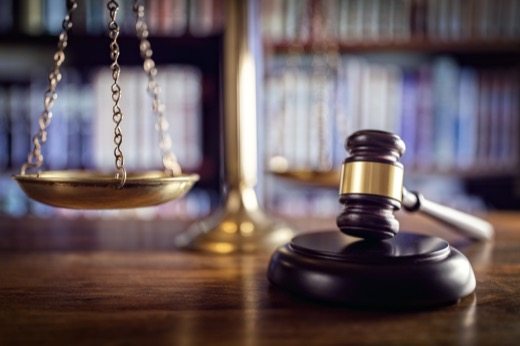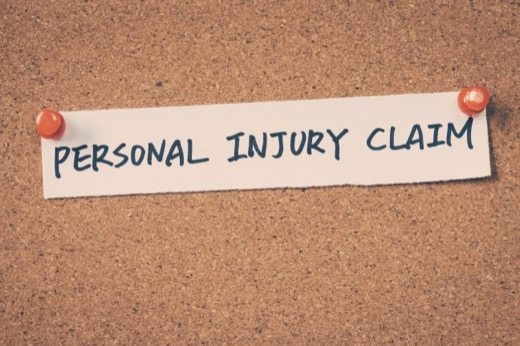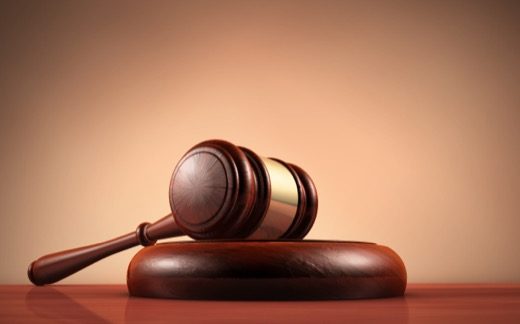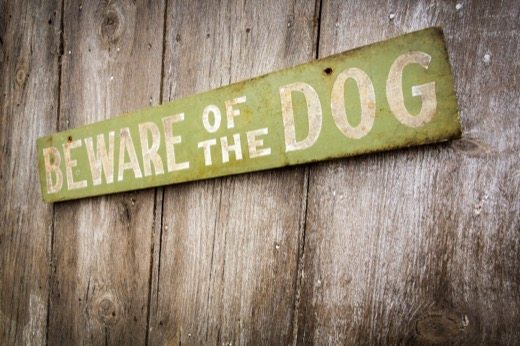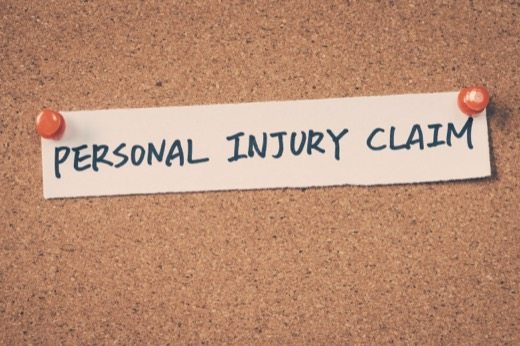Reckless and Careless Boating in Florida
Just like driving a car, it is important to exercise care when operating a boat. Unfortunately, every year there are accidents caused by reckless or careless boaters.
Reckless or careless boating in the state of Florida is governed by Florida statute § 327.33.
The state of Florida has no special boating licensing requirement and it has very few safety training requirements. Nonetheless, Florida law prohibits operating a boat in a reckless or careless manner. Florida statute § 327.33 defines reckless or careless boating as operating a boat, “in willful or wanton disregard for the safety of persons or property at a speed or in a manner as to endanger, or likely to endanger, life or limb, or damage the property of, or injure a person…”
The statute goes on to say that a boat operator must operate their boat in a “reasonable and prudent manner.” The operator must have “regard for other waterborne traffic, posted speed and wake restrictions, and all other attendant circumstances. . .” Further, it requires boat operators comply with
the rules of navigation.
Boating Accidents in Florida
Each year, the state of Florida has more boating accidents than any other state. The most common causes of these accidents are boat operators do not understand the dangers of boats vs. cars or do not understand boat’s rules of the road and safety laws. While it is not required by law, boating education is the key to limiting boat accidents. As a result of the lack of legal requirements, many boat operators do not have the specialized knowledge needed to operate the vessel they are behind the wheel of. Boat drivers also need to understand the operating characteristics of boats that are heading toward them.
There are other safety procedures that can be used to eliminate or limit boating injuries. These include wearing life jackets or using “kill switches.” Kill switches turn off the engine if the boat operator is thrown from the driving position.
According to the U.S. Coast Guard, over 4,500 boating accidents occur in the United States each year. The Florida Fish and Wildlife Commission reports that 834 boating accidents and 73 boating related deaths occurred last year. This includes four missing persons who have not been accounted for. Florida has nearly 900,000 registered boats and nearly 1,000,000 non-registered boats. This makes Florida one of the top states for recreational boating. Not surprisingly, this also makes Florida one of the top states for boating accidents in the United States.
For example, in 2014, 51 boaters died. This included many that fell overboard. Drowning is the most frequent case of death while boating. It makes up 70 percent of all boating deaths. Boaters falling overboard are at significant risk of drowning, particularly if they are not wearing a lifejacket or other personal flotation device.
Have You Been Injured?
An operator of a vessel may be liable for damage caused while under the operator’s control. An experienced, qualified personal injury will assess the nature of your injury, the applicable laws and appropriate jurisdiction for your case. Whether your case is governed by the laws of Florida, or federal maritime law depends on the location of the accident. The statute of limitations and other rules vary between federal maritime laws and the laws of Florida. The attorneys at Madalon Law are well versed in both.
Poor decision making by boat operators can result in careless or reckless driving. One of the most common poor choices boaters make is operating a boat while under the influence of drugs or alcohol. Other poor choices include, but are not limited to, the following:
Operating a boat at a high rate of speed, including slamming into a big wave at a high rate of speed;
Crashing into other boats or objects;
Weaving the boat through congested traffic;
Overcrowding the boat; and
Allowing passengers to ride where they are in danger of falling overboard.
Boat operators are required to have proper safety equipment on the boat. Boaters should also be aware that any violation of the Federal Navigation Rules is also a violation of Florida law.
The Florida Fish and Wildlife Commission
According to the Florida Fish and Wildlife Commission, its officers, county sheriff deputies and other law enforcement officers may stop any boat to check compliance with safety equipment requirements. Those officers may also order the removal of any boat deemed a hazard to public safety and enforce all boating laws.
In the event of a boating accident, the boat operator must not leave the scene without first rendering whatever aid is appropriate. The boat operator must also provide notice to the Florida Fish and Wildlife Commission, the appropriate sheriff department or police chief of the municipality of the accident if there is a personal injury, death, disappearance of a person or damage to the boats or personal property of at least $2,000. Boat operators involved in an accident must provide his or her name, address and the identifying number of his or her vessel to the owner of the damaged property or other vessel.
Damages?
Individuals that are injured as a result of the negligence of a vessel operator may be entitled to compensation. This includes damages for pain and suffering, medical bills and lost wages. The laws governing recovery depends on a number of things, including the role of the plaintiff, was he or she an employee of the boat operator or a guest? It is also important to note that if the accident involves ignorance of the so called “Rules of the Road,” such a violation may give an injured party a rebuttable presumption that the boat operator is liable for any damages.
Boating Accident Attorneys
Qualified and experienced attorneys skilled in the area of Ft. Lauderdale boating accidents must be retained by plaintiffs involved in boating accidents. Maritime law is very different from land based law. It has its own pleading requirements and filing deadlines. The attorneys at Madalon Law have litigated boating cases in both state and federal court. If you have been injured in a boating accident, contact our office for a free consultation to discuss your case. There is no fee unless we recover for you.


